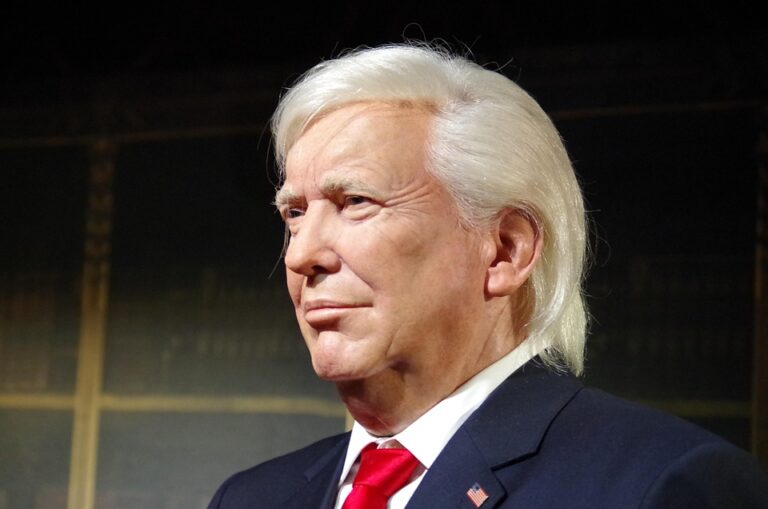Trump: Hamas Failed to Release All Hostages, US Backs Israel
In a recent statement, former President Donald Trump voiced strong criticism over Hamas’ failure to release all hostages during negotiations. This comes amidst ongoing tensions in the Middle East, where the United States government maintains unwavering support for Israel. The situation has escalated significantly, with both humanitarian and geopolitical implications affecting the wider region.
The Hostage Crisis and Its Ramifications
According to reports, Hamas has held numerous hostages since the outbreak of violence. The exact number remains unclear, but estimates suggest that hundreds may still be in captivity. In a press conference, Trump stated, "Hamas’ inability to release all hostages not only showcases their disregard for human life but also indicates a fundamental failure in their negotiation strategy." This underscores the wider implications of the hostage crisis in the context of U.S.-Israeli relations.

The complexity of the situation is compounded by various factors. A recent survey indicated that 70% of American citizens believe the U.S. should support Israel in its efforts against Hamas. This robust backing aims to stabilize an already volatile region, characterized by a long history of conflict. Critics argue that unconditional support could alienate potential allies and exacerbate humanitarian issues.
Historical Context of US-Israel Relations
The U.S. has historically been a staunch ally of Israel, with support dating back to the late 1940s. Israel is perceived as a strategic ally in an unstable region, offering intelligence and military capabilities that align with U.S. interests. For instance, Israel shares critical intelligence on terrorism and has been an active participant in counter-terrorism efforts.

Statistics reveal that U.S. aid to Israel has consistently surpassed $3 billion annually, making it one of the largest recipients of American foreign aid. This financial support has been instrumental in maintaining Israel’s military edge over neighboring countries. As tensions escalate, the need for strong bilateral relations becomes more crucial than ever.
Current Developments and International Reactions
Following Trump’s statements, various political leaders and analysts have weighed in on the situation. Some see his comments as a rallying cry for increased military support for Israel, while others view it as an opportunistic move to bolster his political brand. "This is about aligning America with Israel at a time of crisis," observed political analyst Dr. Helena Schwartz. "It highlights Trump’s intent to leverage support for Israel as part of his broader political strategy."
The international community is reacting with mixed feelings. While some nations express solidarity with Israel, others criticize its military tactics, emphasizing the humanitarian costs of the conflict. Recent reports from the United Nations indicate that over 10,000 civilians have been affected since hostilities increased, raising pressing concerns about the humanitarian situation on the ground.

The Road Ahead for Israel and Hamas
As the conflict continues, the path to resolution appears fraught with challenges. Diplomatic solutions are often stymied by deep-rooted mistrust and ongoing violence. Analysts note that successful negotiations will require addressing the underlying grievances on both sides, including security concerns for Israel and the humanitarian needs of Palestinians.
Moreover, a recent Gallup poll found that 57% of Americans now support a two-state solution, emphasizing the growing acknowledgment of the need for equitable peace. This evolving perspective may introduce new discussions on how to achieve long-term stability in the region.
Conclusion: A Call for Resolution
As we analyze the complexities surrounding the U.S.-Israel relationship amidst the Hamas hostage crisis, it becomes clear that the situation demands urgent attention. Trump’s statements have reignited discussions on the U.S. role in the Middle East and the need for a balanced approach that considers both military support and humanitarian needs.

In conclusion, the ongoing plight of hostages, the geopolitical dynamics of U.S.-Israeli relations, and the humanitarian crisis in Gaza continue to shape the narrative in this critical region. The future of peace in the Middle East hangs in the balance, and the stakes could not be higher for all parties involved. As diplomatic efforts persist, one can only hope for resolutions that prioritize human rights and long-lasting peace.
This article is designed for optimal search engine visibility, using key phrases such as "Hamas hostages," "U.S. backs Israel," and "Middle East conflict" to target relevant audiences effectively.


